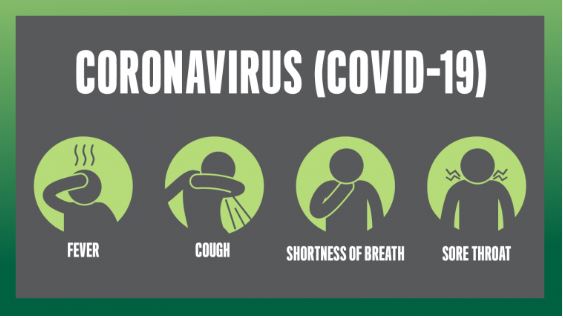People aged over 60 – especially those with pre-existing health conditions – seem to be at the most risk of becoming severely ill from COVID-19, which has now infected over 110,000 in almost 100 countries.
But while older people’s immune systems are typically not as strong as those of younger people, researchers still can’t explain why the illness has been so hard on older generations, according to NBC.
The figures show that young children have made up very few of the confirmed cases with no deaths so far – unlike the flu which is dangerous for older people, the young and pregnant women.
In Australia, there have so far been three deaths – two aged care residents aged 95 and 82 and a 78-year-old man who was a passenger on the quarantined Diamond Princess cruise ship in Japan.
A study by the Chinese Center for Disease Control and Prevention released last month the 1,023 deaths out of 44,672 confirmed cases diagnosed through to 11 February found that 21.9% of deaths were in people aged over 80.
Researchers speculate that this is because your immune system gets weaker as you age.
It’s believed that the virus spreads through close contact, travelling through tiny droplets and secretions when an infected person coughs, sneezes or breathes.
Around 80% of people who have been infected have had mild to moderate symptoms, which scientist say likely means that the virus is not entering beyond the upper respiratory tract or that people’s immune systems are preventing it from reaching deep into the lungs.
Less immunity equals less resistance. Underlying health conditions also increase the risk of illness because they influence how your immune system works.
Interestingly, our different genes also play a part.
“If every healthy adult on Earth got infected with this virus, because of human genetics, there would be a spectrum of disease severity because everybody is different,” Timothy Sheahan, an epidemiologist at the Gillings School of Global Public Health at the University of North Carolina, said.
Importantly, scientists say they are researching the virus – and how to develop a vaccine.
In the meantime, the advice is to protect yourself as you would with any other respiratory illness by:
- making sure to clean your hands thoroughly for at least 20 seconds with soap and water, or an alcohol-based hand rub
- covering your nose and mouth when coughing and sneezing with a tissue or a flexed elbow
- avoiding close contact with anyone with cold or flu-like symptoms.
- staying home if you are sick.



